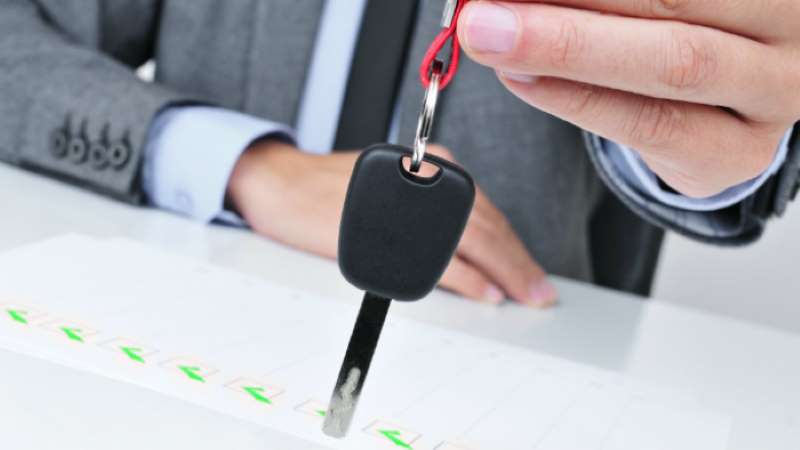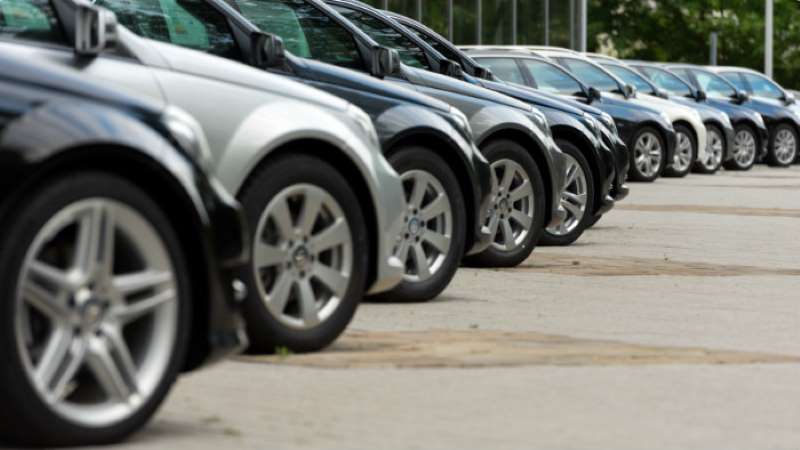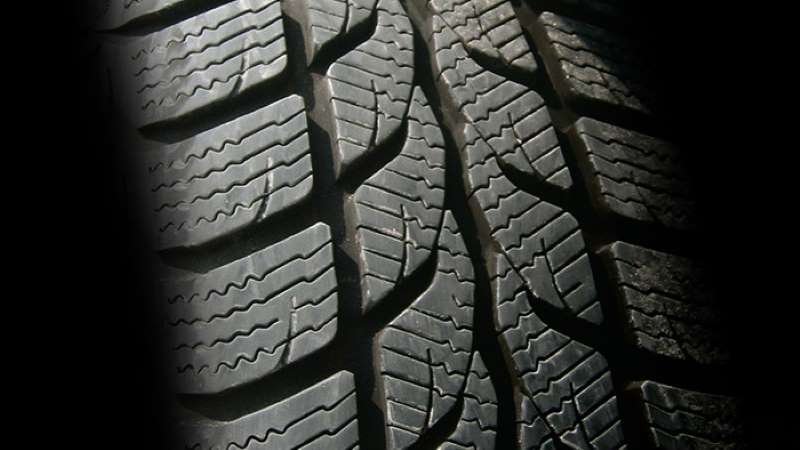Choosing car leasing means you don't own it, but this doesn't mean you don't need to insure it because insurance is a legal requirement for every car in the UK as part of the continuous insurance enforcement rule & the Road Traffic Act of 1988.
This means any vehicle bought outright needs to have a minimum of third party insurance cover. For leased cars, fully comprehensive cover is a mandatory requirement & the policy must cover the vehicle from the day of delivery to the end of your agreement. It's important to note that insurance isn't included within the cost of your lease agreement.
Driving your leased vehicle without appropriate cover is illegal & can land you a hefty fine & 6 points on your licence.
When Should I Insure My Lease Vehicle?
You'll receive your vehicle registration confirmation once all of the paperwork has been completed & your new car has arrived at the dealership ready for delivery. It is at this point that you need to arrange insurance because fully comprehensive cover is needed from the day of delivery. Don't worry, we'll be in touch to remind you when you need to do this.
It's also important to inform your insurer that the vehicle is a lease car when arranging your cover.
What Type Of Coverage Do I Need?
When leasing a car, you need fully comprehensive cover with GAP insurance highly recommended to ensure you're fully covered in the event of an accident - some policies can even include breakdown cover. Here we have simple explanations of coverage types to help you know exactly what the difference is:
Third-Party
If you only had third party cover on a car you owned, you wouldn't be covered for any damage done to your vehicle or your property. Third party cover on a leased car is not allowed and your insurance must be full comprehensive.
Fully Comprehensive
To ensure the protection of their assets, leasing companies insist on fully comprehensive cover. If you were to get into an accident with fully comprehensive car insurance on your lease you would be covered for any damage to:
- Other people
- Their property
- Your own property (in this case the vehicle)
This means there if there are any repairs needed for your lease car you'll be covered.
GAP Insurance
As far as assets go, very few big investments depreciate as quickly as cars do when buying brand-new. This is important when it comes to insurance & making sure your cover protects you adequately.
If you were to get into an accident a week after purchase/leasing, your insurance provider would pay out for the current vehicle value rather than the value at the time of purchase. Even after a week, the change in value would be a cost you'd have to pay for.
When you lease a car, this depreciation means there is a risk that you will owe more to the lease company than the insurance company payout if the vehicle is written off or stolen.
GAP insurance is designed to protect you against this shortfall with the insurance providers paying out for the difference between the retail price of the car & it's current value. The maximum GAP insurance coverage is usually £20,000 & it is sometimes a requirement of the lease company your agreement is with.
Are Insurance Premiums For Leased Cars More Expensive?
Insuring a leased car shouldn't be more expensive than insuring a car you've bought outright, the price is often very similar. The only difference is that as you need fully comprehensive coverage, you can't opt for cheaper options like third party cover.
Is It Possible To Reduce The Costs Of Insuring A Personal Lease Car?
Saving money on insurance costs for leasing is very similar to saving money on insuring a car you've bought outright. Here are the 4 top tips for reducing your insurance premium
Research & Choose Your Car Wisely
Insurance premiums are influenced by which car insurance group your chosen vehicle falls into. There are 50 groups with cars in group 1 being the cheapest to insure & those in group 50 being the most expensive. Cars in the higher groups are usually premium vehicles which would be more likely to be stolen & more expensive to repair.
Add A Named Additional Driver
If you're a younger driver leasing a car, adding an older named driver can help drive insurance premiums down. This is because the additional driver is more experienced behind the wheel & their usage poses a lower overall risk.
Shop Around
There is a huge amount of choice when it comes to insuring your car, which means you're unlikely to get the best deal if you take the first price you're offered. With plenty of comparison sites & big-name insurers vying for your business, it's definitely worth checking a few options for the best deal. Remember to shop around with plenty of time to spare before you need to purchase or renew your policy.
Consider Black Box Insurance
For younger drivers, black box insurance is one way to reduce a pricey premium. A black box is a telematics device fitted inside the dashboard which tracks driving factors such as speed & braking. If the driving is deemed responsible, the policyholder can be provided with a cheaper premium. Be warned that you'll need the permission of the lease company your agreement is with the have the black box fitted.
More On Car Leasing
Find out more about how leasing a car works by taking a look at our handy leasing guides. If you're looking for your next car, check out our latest cheap car leasing deals or view all of our car leasing options.






